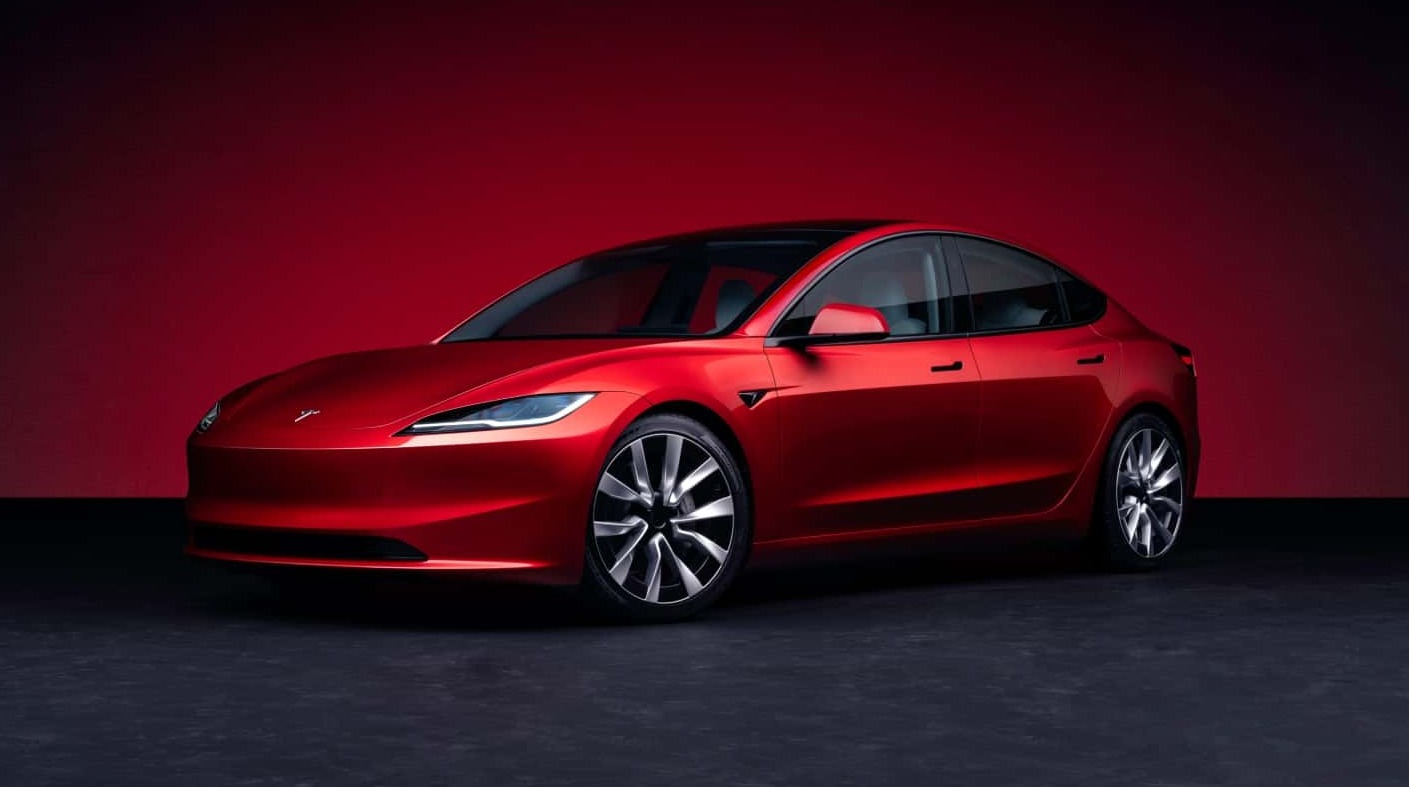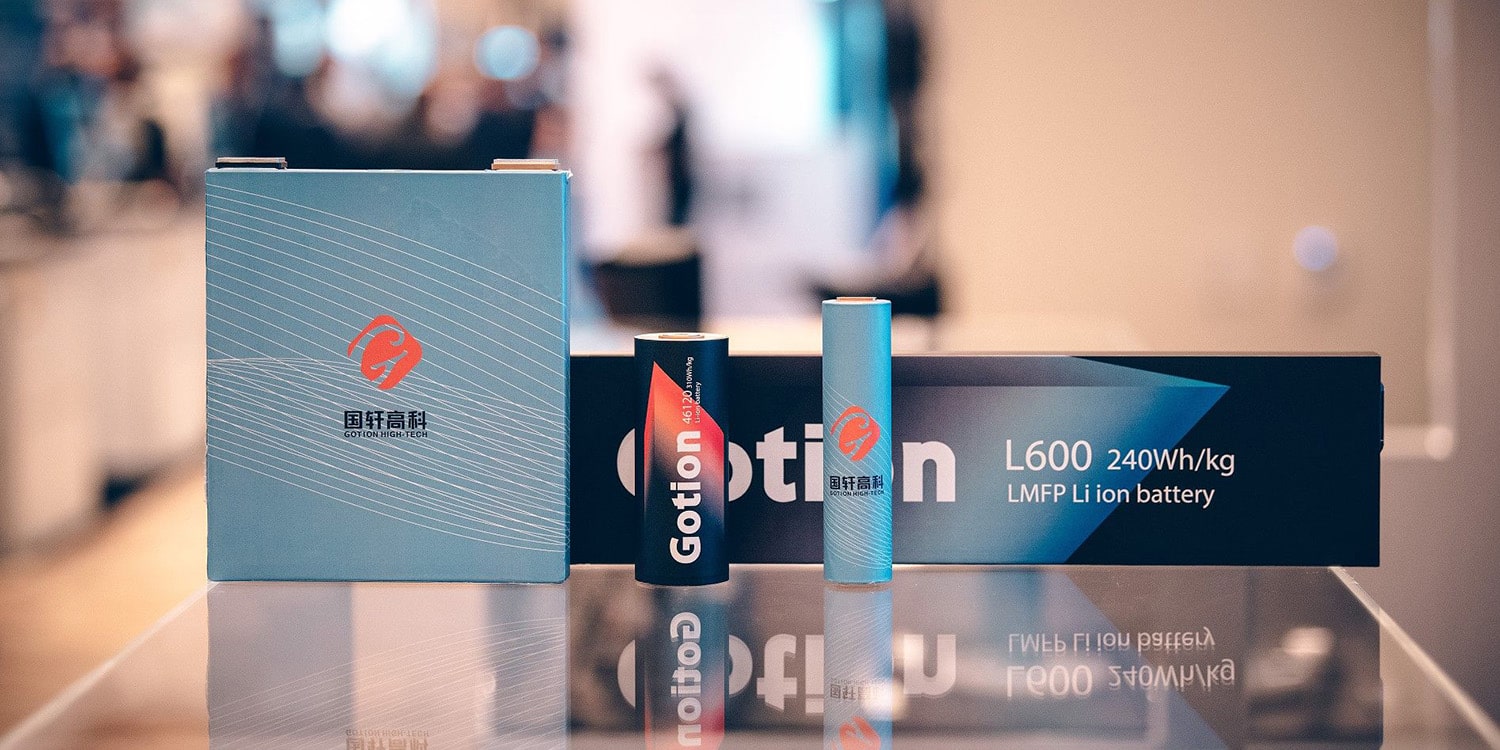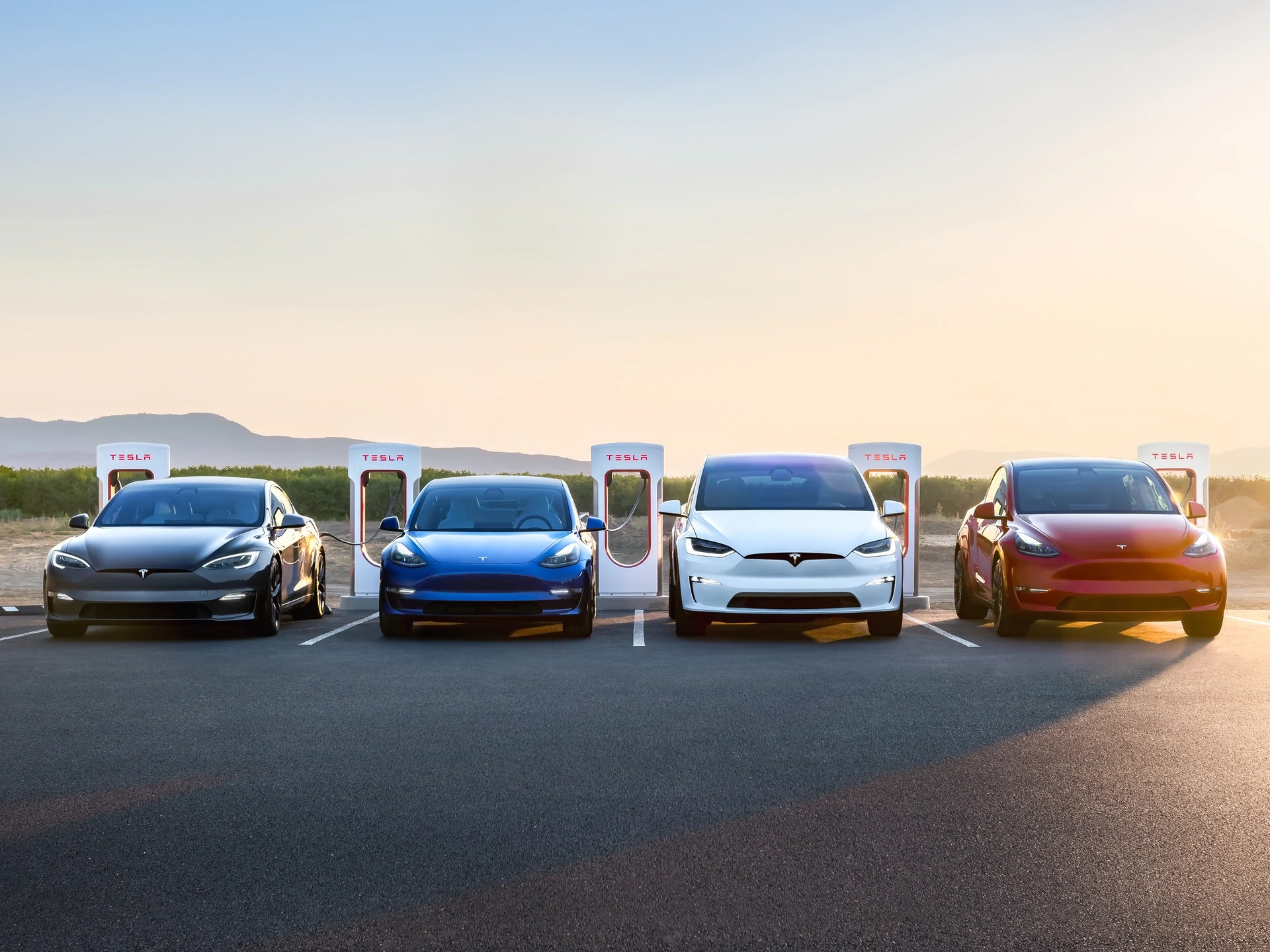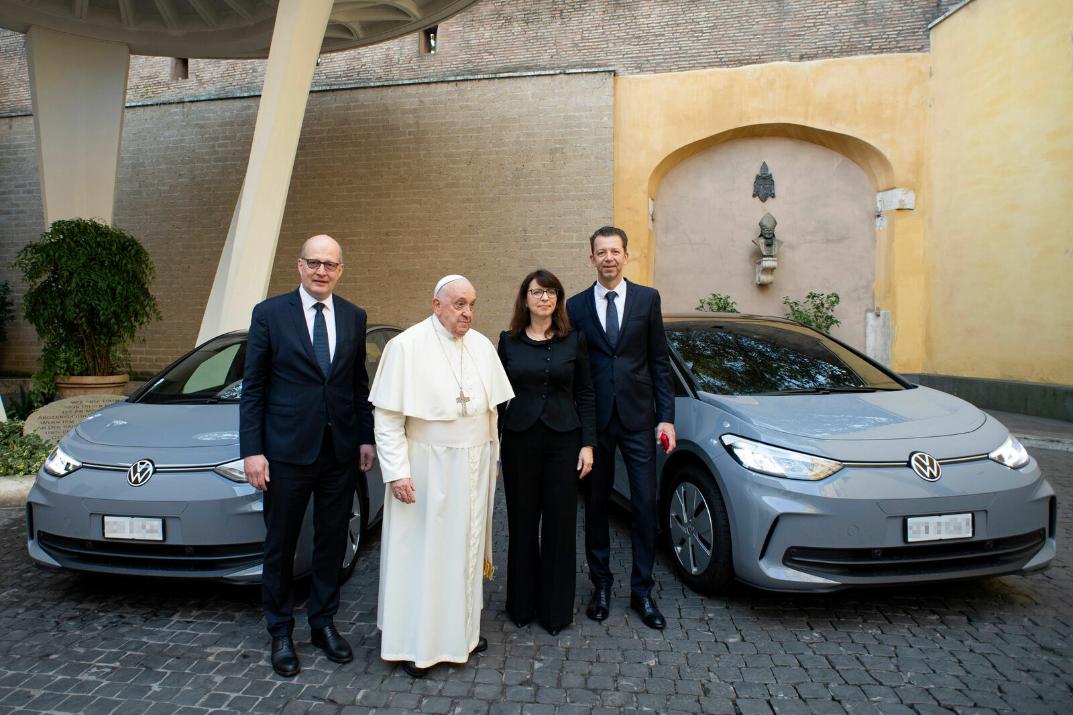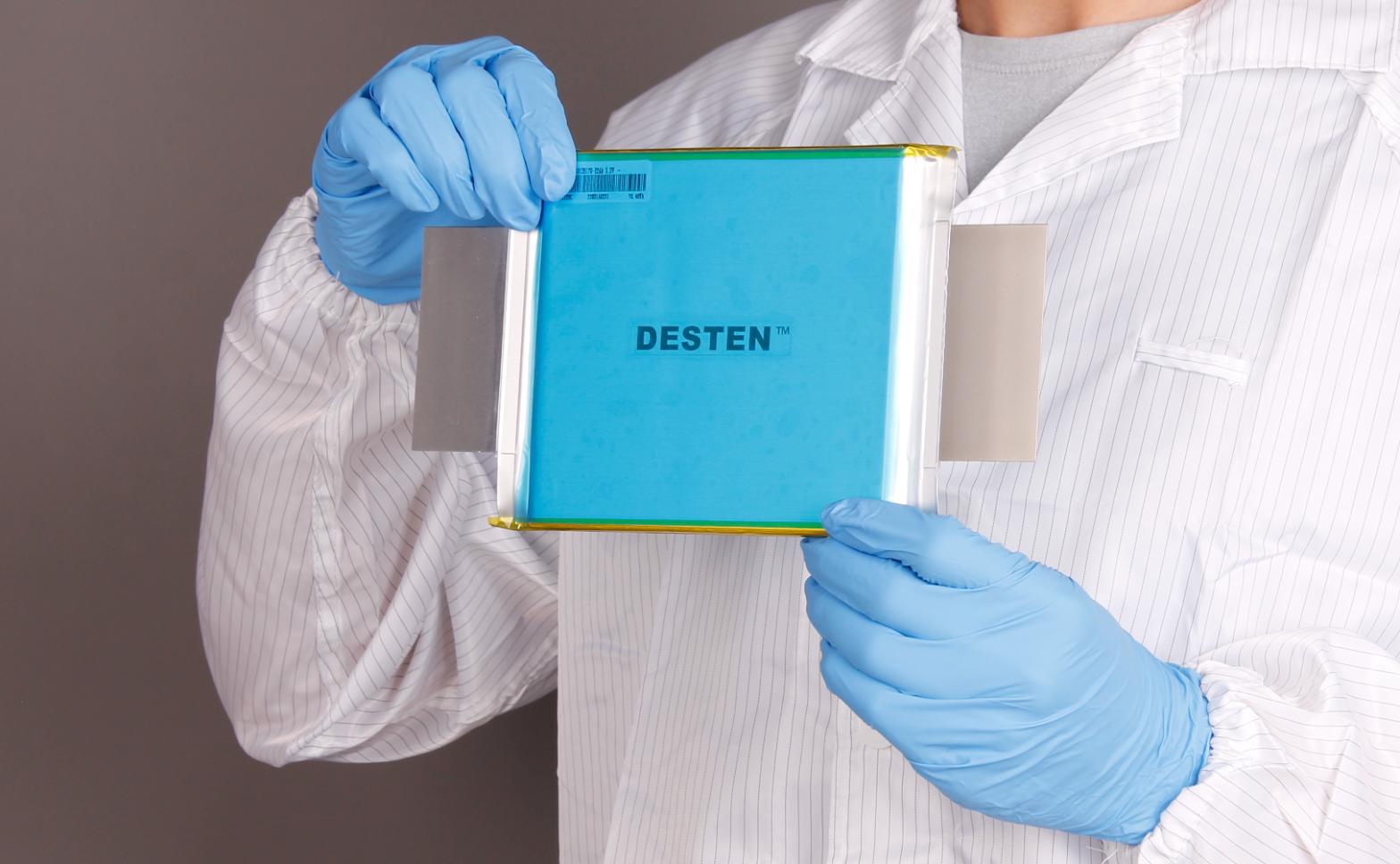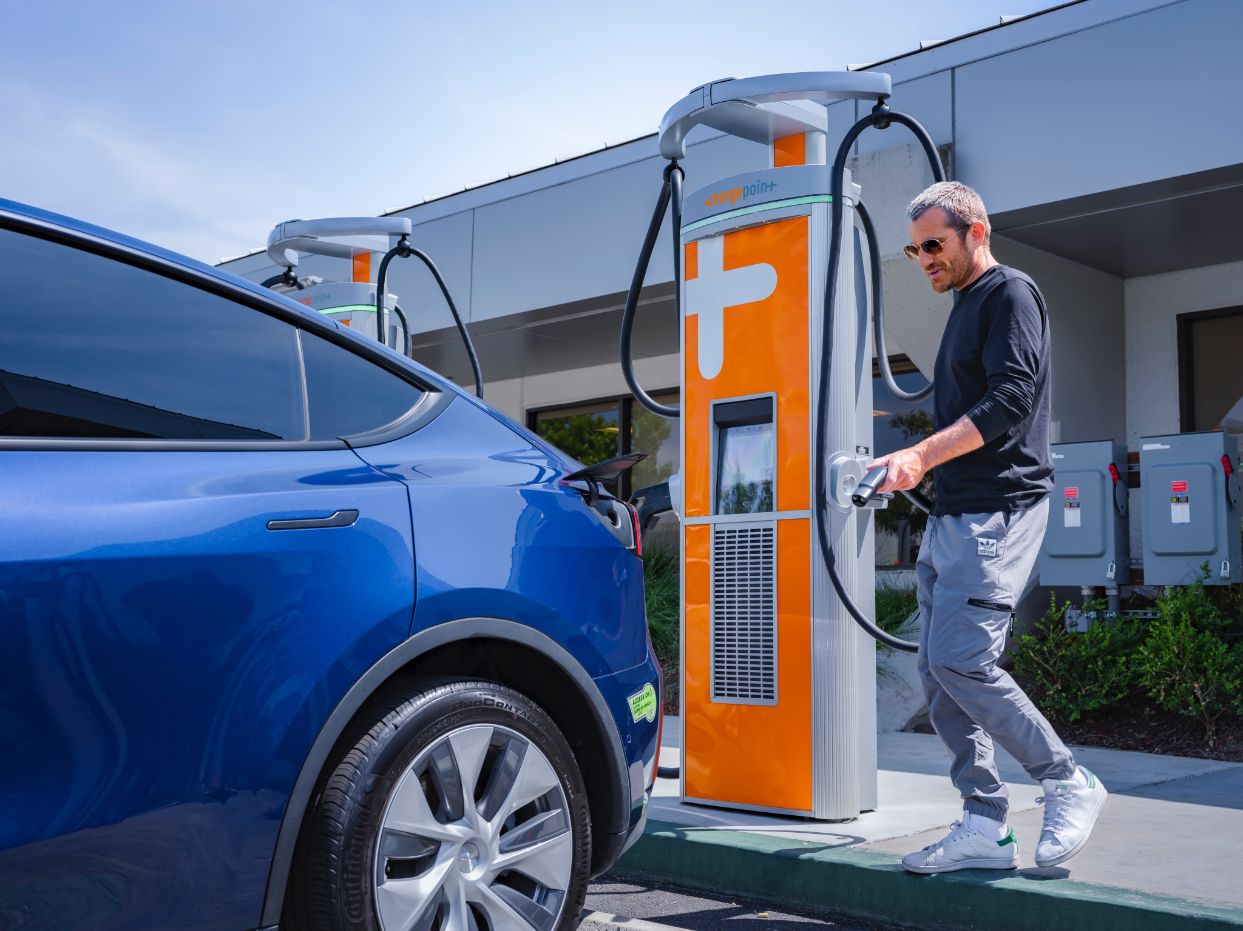Tesla is reportedly exploring a novel approach to its vehicle features, with indications pointing towards a potential pay-to-use model for select amenities. An examination of Tesla’s latest software update by renowned Tesla hacker GreenTheOnly suggests that heated front seats and heated windshield wipers might become premium features in new Tesla Model 3 vehicles.
This concept of software-locking features is not unfamiliar to Tesla, as the company has previously limited access to amenities such as footwell lights in the Model 3 and additional battery capacity in older Model S and X variants, often unlocking them for a fee. While Tesla had previously charged for heated rear seats in certain Model 3 versions, it discontinued this practice in 2022.
While Tesla’s consideration to monetize specific features is not officially confirmed, it aligns with the company’s history of finding a balance between cost and convenience. By potentially offering these features as optional add-ons, Tesla may be looking to lower the base price of the Model 3, enhancing accessibility while establishing an additional revenue stream post-sale.
This business model prompts a pivotal question: Is Tesla setting a precedent for future vehicle customization, or is it introducing a paywall that may impact the overall user experience? While a lower base price with optional upgrades could broaden the customer base, it also raises concerns about owners potentially feeling charged for features that were previously standard.
An interesting discovery in the software update is the identification of a software-locked battery capacity in the Model Y’s Standard Range trim, a strategy Tesla has employed in the past. While this approach could be a tactical move to streamline production processes, it adds complexity to the ongoing debate surrounding software-locked features.
As of now, the details of how and when these potential changes might be implemented, along with their associated costs, remain undisclosed. Tesla’s history demonstrates a willingness to revisit and reverse decisions, as evidenced by the discontinuation of charging for heated rear seats in the past.

